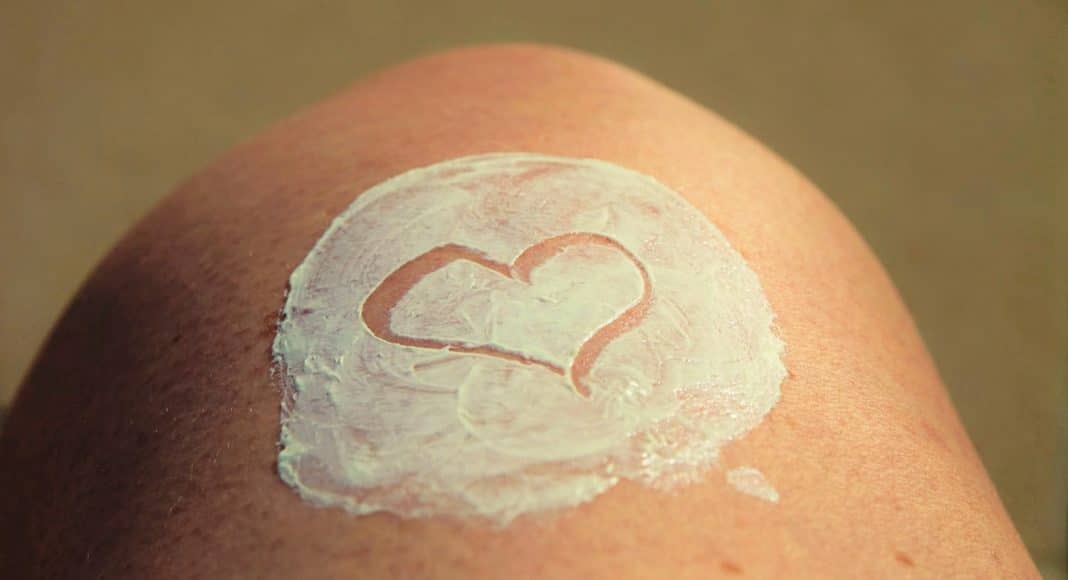Psoriasis, an autoimmune disease that causes itchy, red scale to appear on the skin, is no stranger to the three million people who suffer from it. While itchiness is the most common symptom, in many cases patients also experience painfully inflamed tendons as well joint stiffness.
Unfortunately, the condition remains incurable, but scientists are pointing to a likely remedy to make the disease less insufferable. That’s right, cannabis has some pretty awesome effects on psoriasis.
-
Related Story: Little-Known Health Effects Of Medical Marijuana
In a 2007 study researchers concluded that cannabinoids can inhibit the buildup of dead skin cells and other symptoms of psoriasis. The study, which was published in the Journal of Dermatological Science, used different types of cannabinoids including, THC (cannabis most psychoactive component), CBD (one of cannabis’ least active ingredients) and cannabinol and cannabigerol (other cannabis’ compounds) – all of which were used to examine cannabis’ anti-inflammatory effects.
Researchers concluded, “The cannabinoids tested all inhibited keratinocyte proliferation in a concentration-dependent manner.” In other words, the four different cannabinoids they tested were all able to block the buildup of dead skin.
Why does this matter? Well, psoriasis is, essentially, the rapid accumulation of dead skin cells on the surface of the epidermis. So cannabis’ ability to stop that accumulation is a win, for people battling the inherited disease.
In a not so formal study, researchers at Gwynedd Cannabis Club in Wales, conducted a nine day experiment in which they treated one subject with acute psoriasis, using cannabis oil. Prior to the experiment, the subject had been using a chemotherapy drug called Methotrexate, known to treat rheumatoid arthritis and psoriasis.
-
Related Story: Why Won’t My Doctor Prescribe Medical Marijuana For Me?
However, the side effects of the drug included fever, diarrhea and increased the chance of infection.
During the nine day study, the subject was given three doses of topical daily, for nine. Following the treatment, the subject reported no adverse side effects and even noted how she was able to go swimming with her family, which is something she had been limited in doing, due to her psoriasis.
Now, while this study is majority anecdotal, it still serves as another example of cannabis’ healing powers for people with psoriasis – especially in cases where conventional pharmaceuticals can’t seem to get it right.


